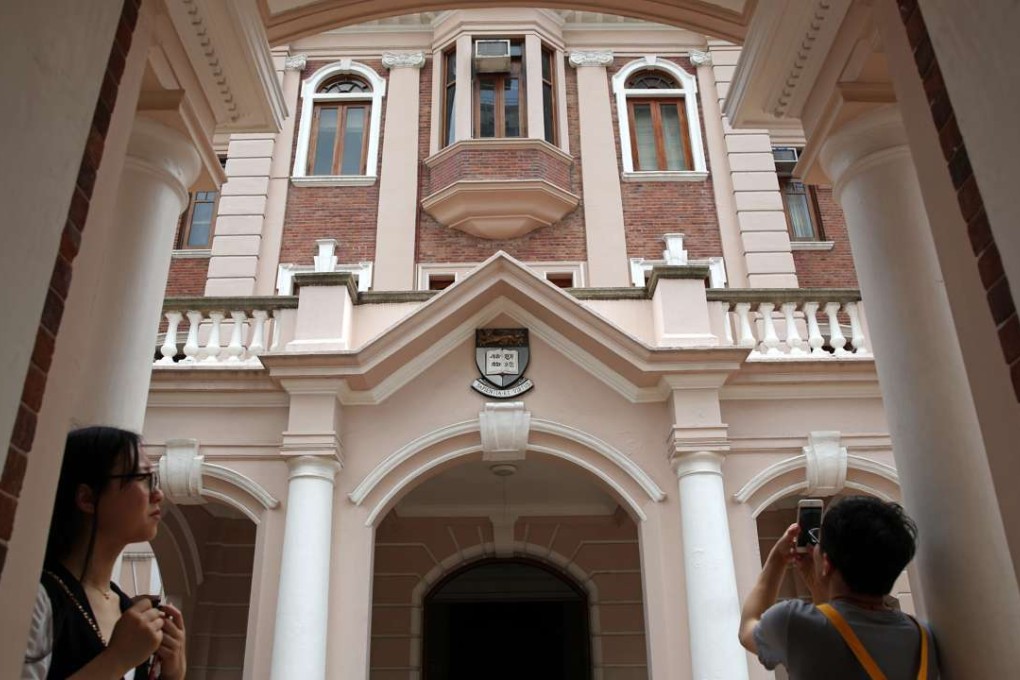Hong Kong universities are already in the top league, whatever their individual ranking shows
Paul Stapleton says having up to five universities among the world’s top 200 is already a feat for a small population centre like Hong Kong

In the past month or so, several lists have appeared in our local media showing the rankings of the world’s universities. The Times World University Rankings, QS World University Rankings and the US News and World Report Best Global University Rankings are just three among several that periodically release their results. These rankings use various criteria, such as research output and impact. Naturally, each list has its own set of criteria and weighting. In the most recent Times list, Oxford University came out on top, while Harvard topped the US News list.
Five Hong Kong universities make world’s top 200, but schools in Singapore and China still rate higher
A bigger picture gets lost in these reports that tend to be overly focused on comparisons among our universities
These vagaries aside, a bigger picture gets lost in these press reports that tend to be overly focused on comparisons among our universities, or with the jumps or drops from the previous year.
This bigger story here happens to be one that’s very good news for Hong Kong. In all three lists, Hong Kong has four universities in the top 200 – HKU, Chinese University, the Hong Kong University of Science and Technology, and City University. On two of the three lists, Polytechnic University makes it into the top 200.
Ten years ago, Hong Kong also had four universities in the top 200, demonstrating remarkable consistency over time.
The top 200 universities in the world can be considered the very elite, given that the US alone has over 3,000 degree-granting institutions, and Japan has close to 800. Put another way, Hong Kong, with seven million people, constitutes one tenth of 1 per cent of the world’s people. Yet its universities represent 2-3 per cent of the elite scholarly institutions.
Asian universities are climbing the rankings – but are league tables flawed?
What explains Hong Kong’s success in tertiary education? Certainly government funding plays a key role. Some of my contacts abroad are amazed at the large amounts of funding available through grant exercises. The salaries for academic staff are also among the highest in the world, which helps to attract top scholars. Another reason involves the rigorous structures in place that assure quality and accountability. Local culture also plays a part: Hong Kong parents have a firm commitment to education.
So, despite the ups and downs in the rankings, the bigger story is that universities here are among the best in the world and offer good value for money.
